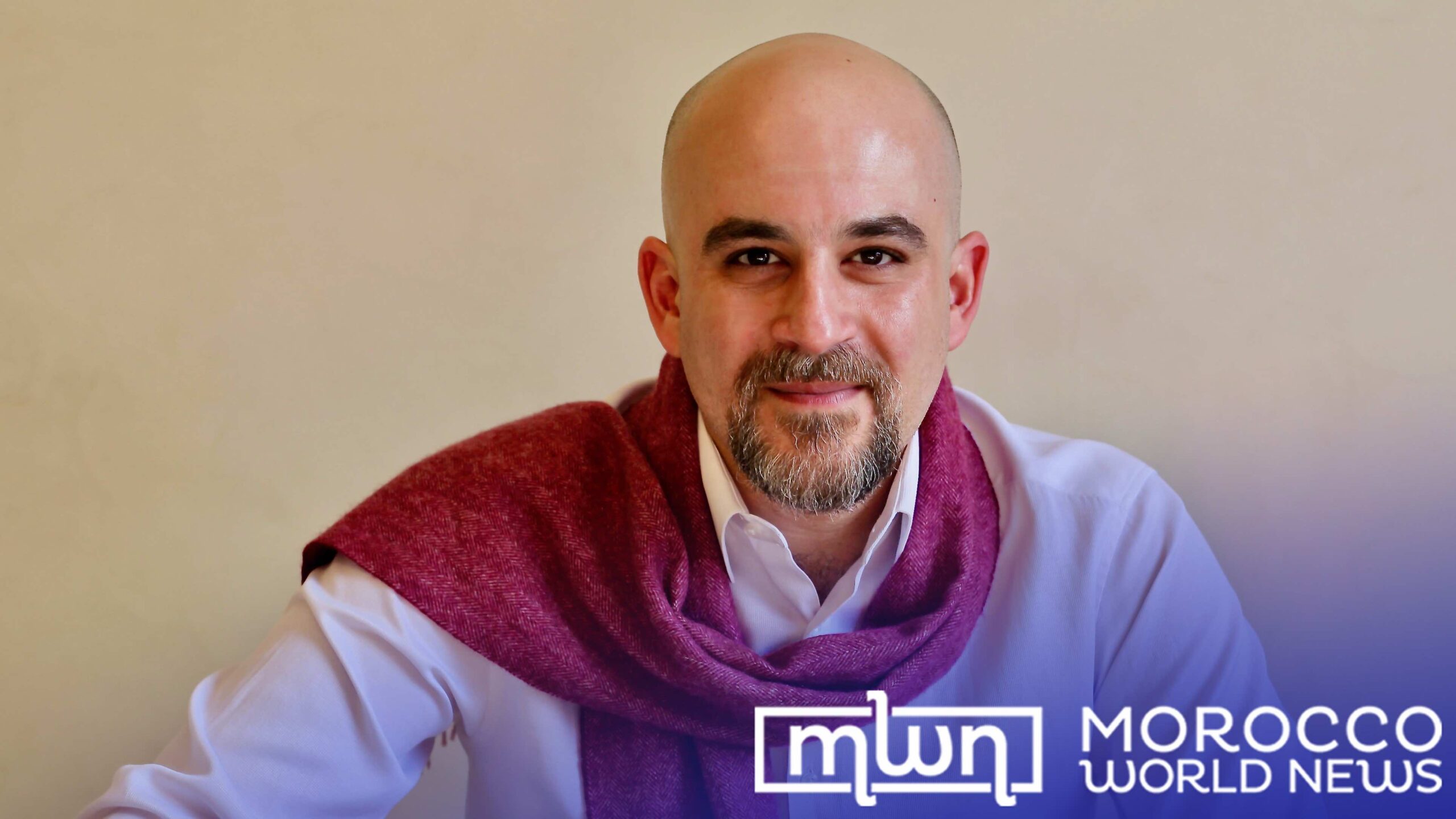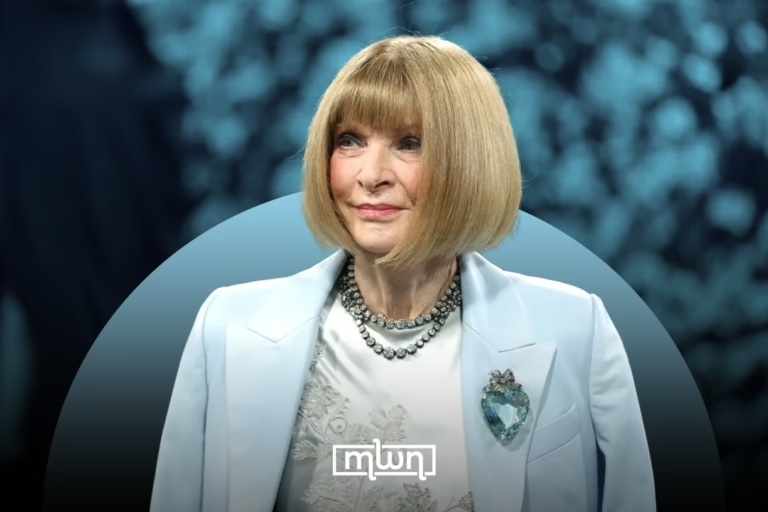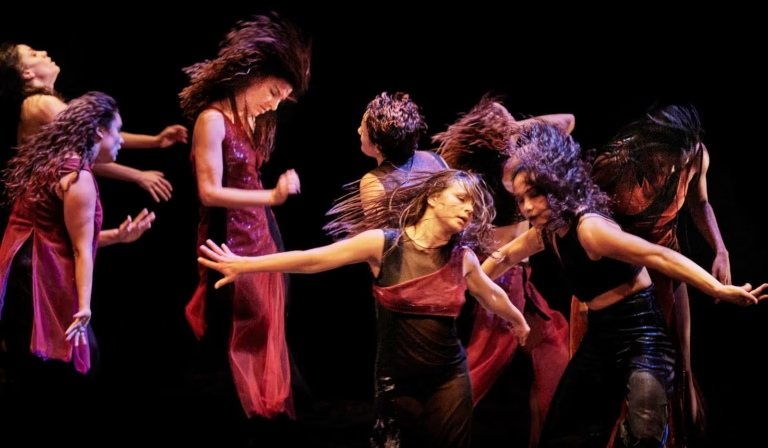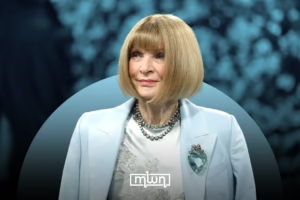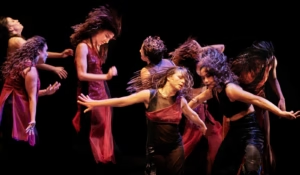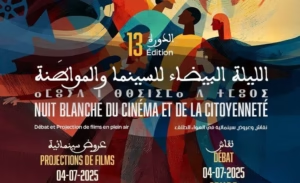Hassan El Jai is a Moroccan stage actor, director, coach, and public speaker who was born on December 18, 1983. Although El Jai received his master’s degree in Communication Arts, he later switched to theater, which had been a passion of his since a young age.
From El Jai’s perspective, an actor can always use his knowledge and mastery to apply his skill to different professions. In addition to various voiceover jobs, such as recordings for many cartoons, television series, and acclaimed movies, El Jai also coaches companies through team building exercises and workshops.
“It is wonderful for a comedian, or an actor to do that, because you have to perfect your art and your mastery,” El Jai told MWN. Although such work will not reap significant financial gains at first, he explained, with imagination, patience, and dedication, it is possible to earn a secure living after approximately five years.
El Jai emphasized that he relies on non-traditional coaching methods, as his approach is based on theatrical and dramatic techniques.
For El Jai, theater offers all the tools required for effective coaching. Learning to stand with the correct posture, how to look into people’s eyes yet still feel comfortable, and how to modulate one’s tone can all be acquired through acting exercises. “When it comes to public speaking, for me, it is an unbeatable tool,” El Jai explained to MWN.
However, although El Jai received his degree in professional comedy from “Cours Florent” in Paris, his famous performances are more focused on Sufism and spirituality, as the Sufi genre generated more coverage from the media. Additionally, the wisdom, tales, and poems of such topics appeal to those who are seeking broader, more fundamental answers about life.
Given their popularity, El Jai will continue with such genres going forward. His favorite theme is spirituality, which to him represents every human soul’s inner quest for meaning. As El Jai described for MWN: “Because we have a yearning within us, and because of this desire, we go on a journey, and it is the journey leading to God, to the light, to beauty, to love to truth.”
Challenges and Appeal of Dramatic Readings
Hassan El Jai also explained to MWN the challenge of dramatic readings, detailing the difficult art of acting while holding a book in one hand and switching one’s eyes between the text and the audience.
“I switch from one character to another. I change voices and physicalities,” he said. “So you must be very fast and narrow, but you must be emotionally available to anything, not only in the script, but also coming out of the people who are seated in front of you. If they laugh out loud, what do you do about that? Are you going to improvise on something else?”
Still, explained an ecstatic El Jai, such readings can be both fulfilling — professionally and financially — and personally rewarding when delivered masterfully. El Jai performed around five such readings in 2022, suggesting their increasing popularity among his slowly growing Moroccan audience.
For El Jai, the advantage of this artistic genre is the ability to have a diverse set of methods and to wear many colors as a comedian. His love of theater enables him to play any character, as long as he believes in the underlying message and is inspired by the script. “I can play a prostitute, a woman, a drunk man, a Sufi, a Saint, a teacher, and a Savage brute […] I could do it in French, Arabic, and English,” he told MWN.
Moliere, Shakespeare Better than Modern Playwrights
El Jai’s job requires an extensive knowledge of the dramatic literature. While he reads and performs modern texts, the Moroccan actor is unapologetic about his love for what he calls the superior art of Moliere and Shakespeare.
In terms of thematic relevance and artistic mastery displayed in their texts, Moliere and Shakespeare are a cut above the rest.
According to El Jai, most of today’s writing is merely a reduction of the richness of past texts. El Jai gave the example of the Palestinian poet Mahmoud Darwich, who many consider to be an iconic political poet.
For El Jai, however, a writer — poet, novellist, playwright — should not have a well-defined terrain of expertise. Rather than opting for, say, love, politics, or beauty as his or her only or favored topic to write about, an accomplished author should be able to explore the richness of the human condition. “I do not like… to perform a play that is only about a political subject,” he argued. “Honestly, to me, it is not very interesting because you are not going to be able to explore much through it.”
The Importance of Theater for Children
According to Hassan El Jai, the interactions between the younger generation and dramatic readings varies with each age category. He pointed to his contrasting experiences with university students and younger children to make his case.
While El Jai has to deploy more energy and concentration to keep university students and most young adults’ attention, younger children’s more developed imagination and sense of awe make it easier for them to connect, resonate with his performances. As El Jai sees it, this discrepancy in how children and adults experience art boils down to the fact that the former still have a lot of imagination, curiosity, and an appetite for dramatic scenes.
Another reason, he argued, is that there is a relationship between exposure to smartphones and meaningful engagement with life and one’s surroundings. In a thinly veiled message to Moroccan parents, El Jai urged them to refrain from giving their children smartphones at a young age in order to prolong the development of their souls and minds. As smartphones can serve as distractions and devices which encourage isolation, parents should not end their children’s relationship with the world and their desire to discover.
Children, he argued, possess this beautiful ability to both imagine and believe; and belief is at the core of everything. “Let them touch and try things. The theater [of the real world] is most important when you are a child because it gives you a very organic, true, and simple relationship to everything,” El Jai said.
He concluded the interview by offering success tips to young people who aspire to both follow their passion and manage to make a living. The first secret, El Jai said, is to start by knowing yourself and what you seek in life. Once you find the answer to the question of what your personal quest really is, then you should finally set out to do what you both believe and can excel in.
But finding out what you can excel in is only the beginning of the journey, he added. The next — and perhaps most important — step is to drown oneself in the work one has chosen in order to become the best one can possibly be.
For those who aspire to excel in the creative professions such as writing and performance, there is no success without devotion and countless hours of practice. This, El Jai insists, “means research. It means repetition. It means determination. Theater teaches you repetition, and as the old adage has it, ‘Practice makes perfect.’
Read Also: Moroccan Chef Zineb Hattab Thrives in Switzerland’s Plant-Based Gastronomy

